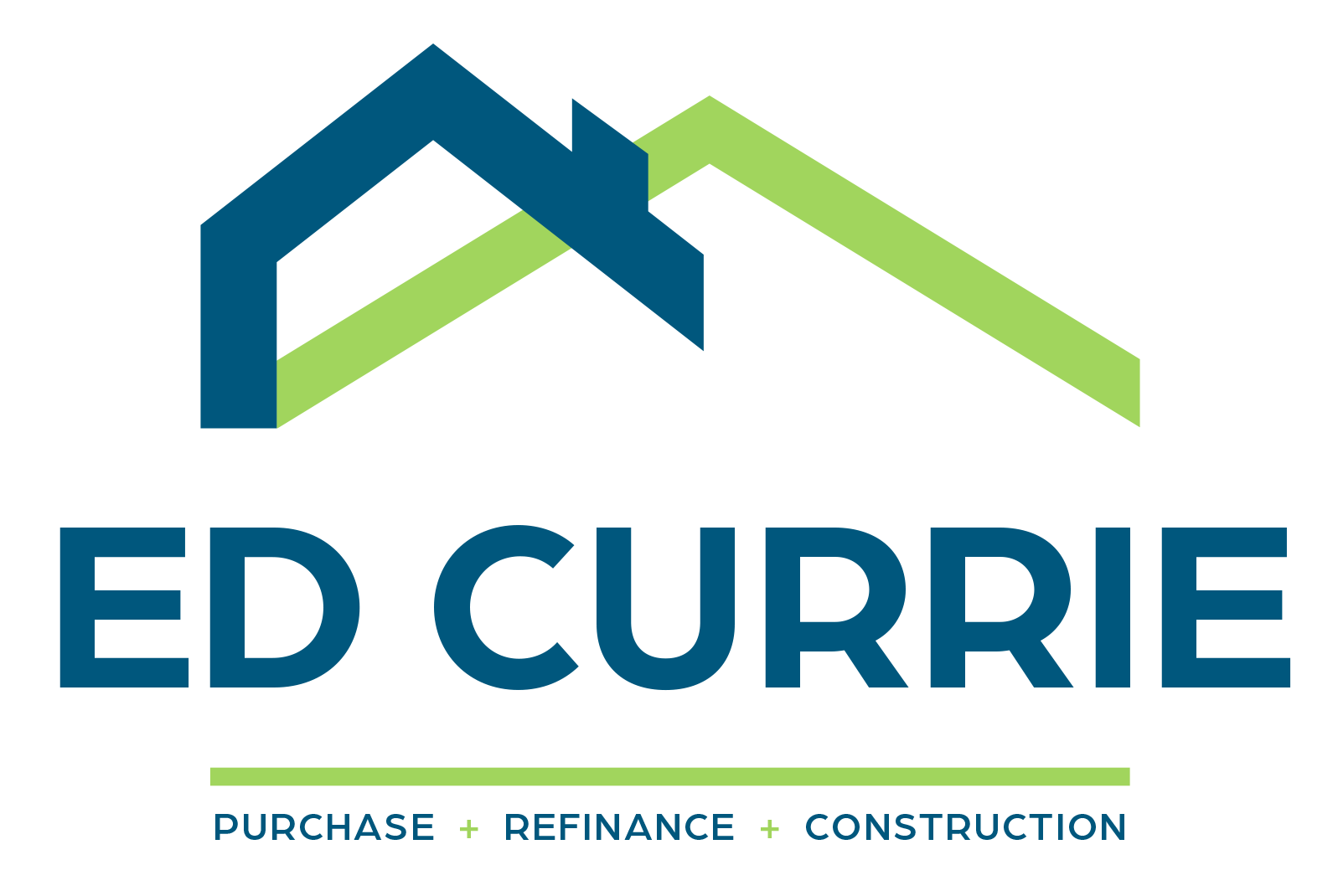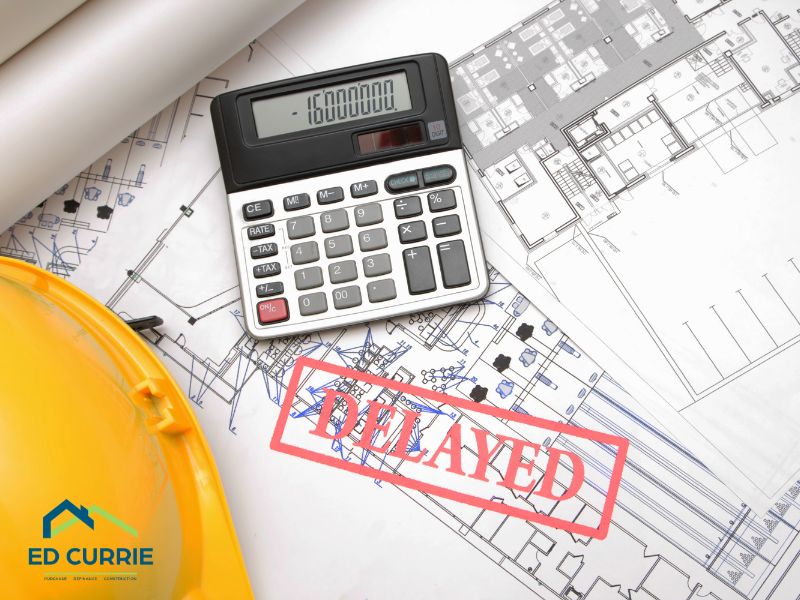
Are you considering building your dream home or undertaking a major renovation project? If so, you might have heard about construction loans. While traditional mortgages are well-known, construction loans operate differently and serve a unique purpose in the realm of real estate financing.
What are Construction Loans?
Construction loans are short-term loans designed to finance the building of a new home or significant renovations on an existing property. They differ from traditional mortgages in that they provide funds in stages or “draws” as the construction progresses, rather than as a lump sum upfront.
How Do Construction Loans Work?
Application and Approval: Similar to a mortgage, you’ll need to apply for a construction loan through a lender. However, the approval process is more rigorous and involves detailed plans and cost estimates for the construction project.
Loan Terms: Construction loans typically have higher interest rates and shorter terms compared to traditional mortgages. The loan term may range from six months to a few years, depending on the lender.
Disbursement of Funds: Once approved, the lender disburses funds in predetermined stages or “draws” as the construction progresses. These draws are typically tied to specific milestones, such as pouring the foundation or completing the framing.
Interest-Only Payments: During the construction phase, you’ll usually only make interest payments on the amount drawn. Once construction is complete, the loan converts to a traditional mortgage, and you begin making principal and interest payments.
Conversion to Mortgage: Upon completion of construction, the loan is typically refinanced into a traditional mortgage. This process is known as the “construction-to-permanent” loan or “single-close” construction loan.
Key Differences from Traditional Mortgages
Risk Factor: Construction loans are riskier for lenders because they’re based on the future value of a property that doesn’t yet exist. As a result, they often come with higher interest rates to compensate for this risk.
Payment Structure: Unlike traditional mortgages, where you receive a lump sum upfront, construction loans disburse funds gradually as the project progresses. This staged disbursement helps mitigate the lender’s risk and ensures that funds are used for their intended purpose.
Flexibility: Construction loans offer flexibility in terms of customization and tailored financing options. They allow borrowers to finance unique construction projects that may not qualify for a standard mortgage.
Approval Process: The approval process for construction loans is more complex and requires detailed plans, cost estimates, and often a larger down payment compared to traditional mortgages.
Construction loans are invaluable tools for those looking to build their dream home or undertake extensive renovations. Understanding how they work and their differences from traditional mortgages is crucial for making informed financial decisions. If you’re considering a construction project, be sure to explore your financing options carefully and consult with a knowledgeable lender to find the best solution for your needs. With the right approach, a construction loan can help turn your vision into reality.




![EdCurrie_Logo White[Transparent] EdCurrie_Logo White[Transparent]](https://edcurrie.com/wp-content/uploads/elementor/thumbs/EdCurrie_Logo-WhiteTransparent-qybu3sjgpfhje9098uitv7fpt7os2hgn52gfy6ocx4.png)